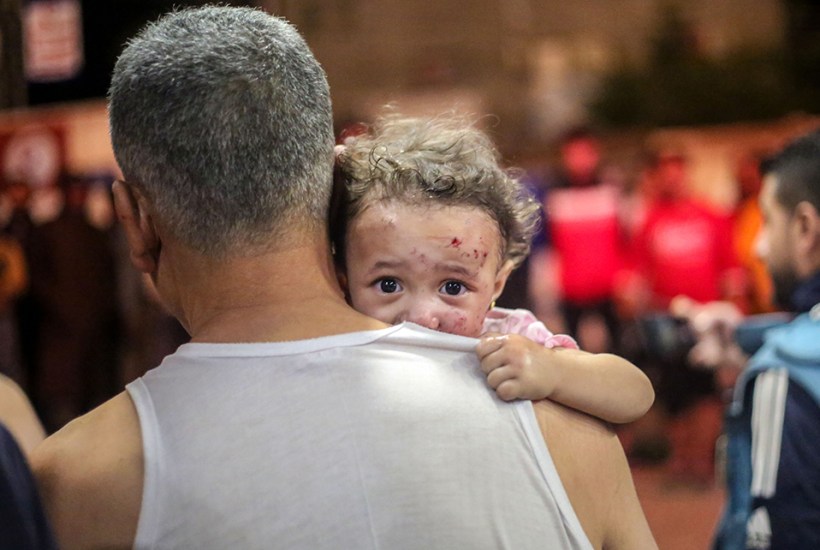Last week Lord Cameron, the Foreign Secretary, expressed his concern that Israel ‘may have breached international law’ in its three-month bombardment of Gaza. Two days later, at the International Court of Justice, South Africa’s lawyers presented their case accusing Israel of genocide.
The number of civilian casualties is indeed horrifically high.
Already a subscriber? Log in
Subscribe for just $2 a week
Try a month of The Spectator Australia absolutely free and without commitment. Not only that but – if you choose to continue – you’ll pay just $2 a week for your first year.
- Unlimited access to spectator.com.au and app
- The weekly edition on the Spectator Australia app
- Spectator podcasts and newsletters
- Full access to spectator.co.uk
Or
Unlock this article
You might disagree with half of it, but you’ll enjoy reading all of it. Try your first month for free, then just $2 a week for the remainder of your first year.








Comments
Don't miss out
Join the conversation with other Spectator Australia readers. Subscribe to leave a comment.
SUBSCRIBEAlready a subscriber? Log in